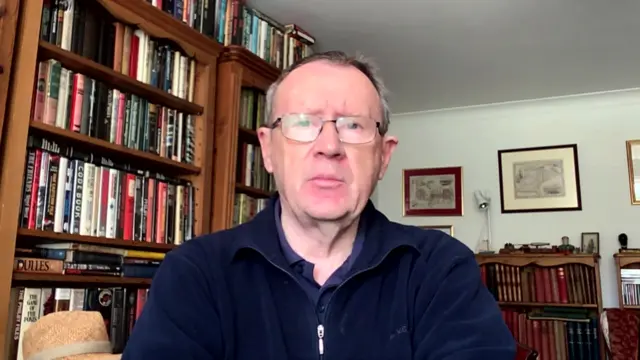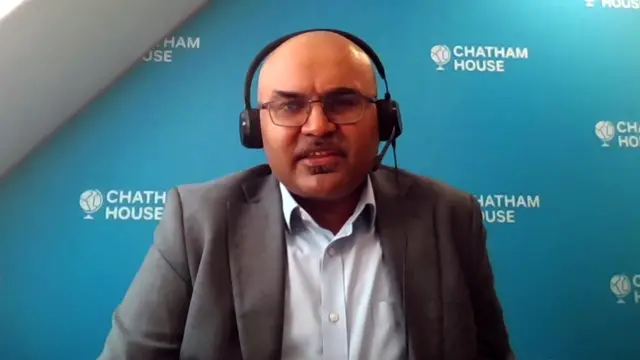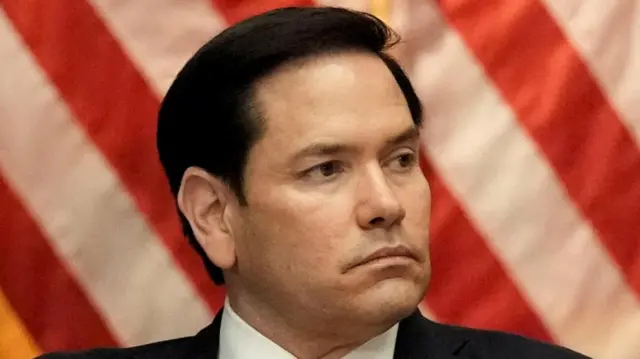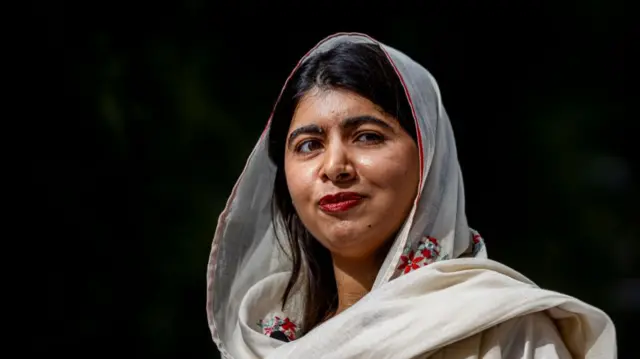Iran's foreign minister is in Delhi for talkspublished at 04:24 BST 8 May
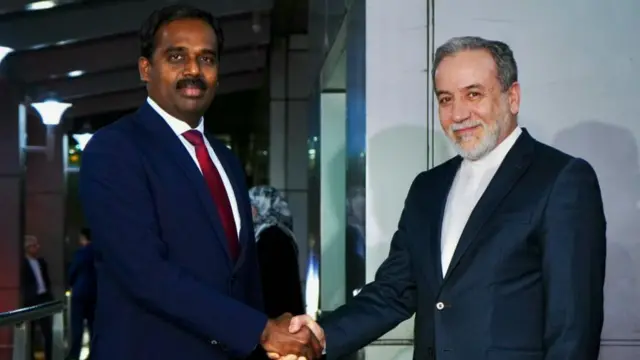 Image source, MEA
Image source, MEAIranian Foreign Minister Abbas Aragchi (right) with an Indian foreign ministry official
Iranian Foreign Minister Abbas Aragchi has arrived in Delhi to hold talks with officials here.
An Indian foreign ministry spokesperson said Aragchi's arrival was an opportunity "to review and enhance bilateral cooperation on the 75th anniversary of the India-Iran Friendship Treaty".
Aragchi was in Pakistan a day before India launched several airstrikes into Pakistan and Pakistan-administered Kashmir. In Islamabad, he met with his counterpart Ishaq Dar.
Iran had earlier offered to mediate between India and Pakistan in the lead-up to the recent clashes.
